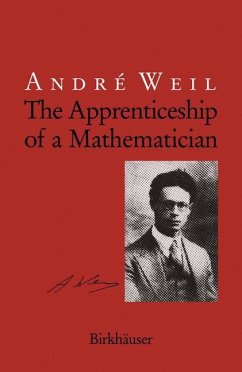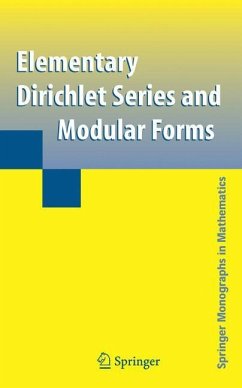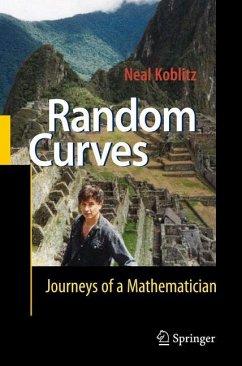
Gauss
A Biographical Study
Versandkostenfrei!
Versandfertig in 1-2 Wochen
62,99 €
inkl. MwSt.
Weitere Ausgaben:

PAYBACK Punkte
31 °P sammeln!
Procreare iucundum, sed parturire molestum. (Gauss, sec. Eisenstein) The plan of this book was first conceived eight years ago. The manuscript developed slowly through several versions until it attained its present form in 1979. It would be inappropriate to list the names of all the friends and advisors with whom I discussed my various drafts but I should like to mention the name of Mr. Gary Cornell who, besides discussing with me numerous details of the manuscript, revised it stylistically. There is much interest among mathematicians to know more about Gauss's life, and the generous help I re...
Procreare iucundum, sed parturire molestum. (Gauss, sec. Eisenstein) The plan of this book was first conceived eight years ago. The manuscript developed slowly through several versions until it attained its present form in 1979. It would be inappropriate to list the names of all the friends and advisors with whom I discussed my various drafts but I should like to mention the name of Mr. Gary Cornell who, besides discussing with me numerous details of the manuscript, revised it stylistically. There is much interest among mathematicians to know more about Gauss's life, and the generous help I received has certainly more to do with this than with any individual, positive or negative, aspect of my manuscript. Any mistakes, errors of judgement, or other inadequacies are, of course, the author's responsi bility. The most incisive and, in a way, easiest decisions I had to make were those of personal taste in the choice and treatment of topics. Much had to be omitted or could only be discussed in a cursory way.














